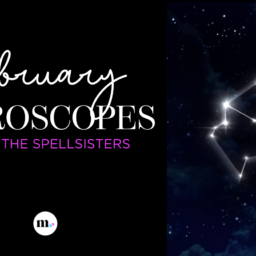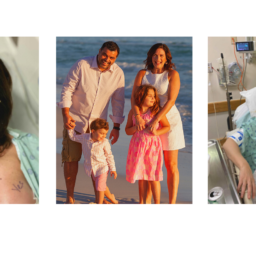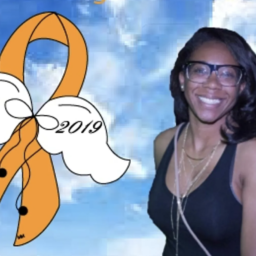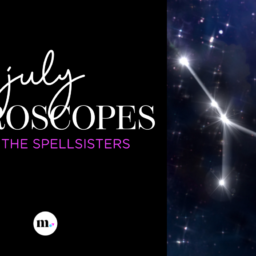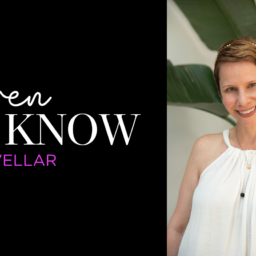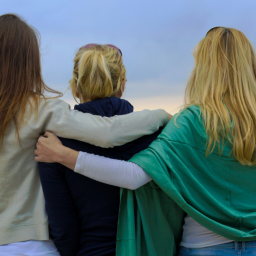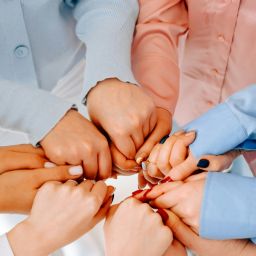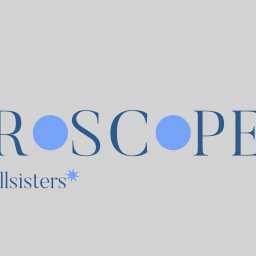
Editor’s Note: Last year, two of my neighbors were diagnosed with breast cancer. My hair stylist, colon cancer. Then, Rachel on our team, who you’ll hear from—breast cancer. As we began working on this series, my husband was diagnosed with prostate cancer. Sadly, we almost all have friends, neighbors, and loved ones who have experienced cancer or whom we lost to it. I hope this series offers advice and comfort no matter your place on the journey. And to those going through it, we see you, and we’re rooting for you. – Leslie
May is National Cancer Research Month, and this is the first installment of a three-part series showcasing 12 different women’s experiences with the disease. Some of them are in remission, some are undergoing treatment, and others have taken preventative measures in hopes of never receiving a diagnosis.
Below, meet our interviewees and read on to first learn what they wish people knew about their experiences, from the long-term physical effects and the mental toll to the importance of support and self-advocacy. If we haven’t experienced cancer, we can’t truly know the feelings and emotions that come with it but appreciate the women who are sharing these stories to help us better understand. In the next part of our series, we’ll hear what you can do for or say to a friend or loved one during their difficult time.
“There’s no ‘good’ cancer. It’s overwhelming to receive the diagnosis and to face our mortality, regardless of what stage you are diagnosed. My mammogram and my own advocacy at a younger age saved my life. Even after a year and a 1/2 of my diagnosis, I still worry there are cancer cells lingering in my body, even though the doctors got it all, and my tumor was small. My aunt had the same type of breast cancer as me, two years later it came back as metastasis and she ended up dying from it at the age of 42.”
Wendy Noe, 47, Westfield, IN
Diagnosed with Stage 1, Grade 2, Invasive Ductal Carcinoma in 2023.
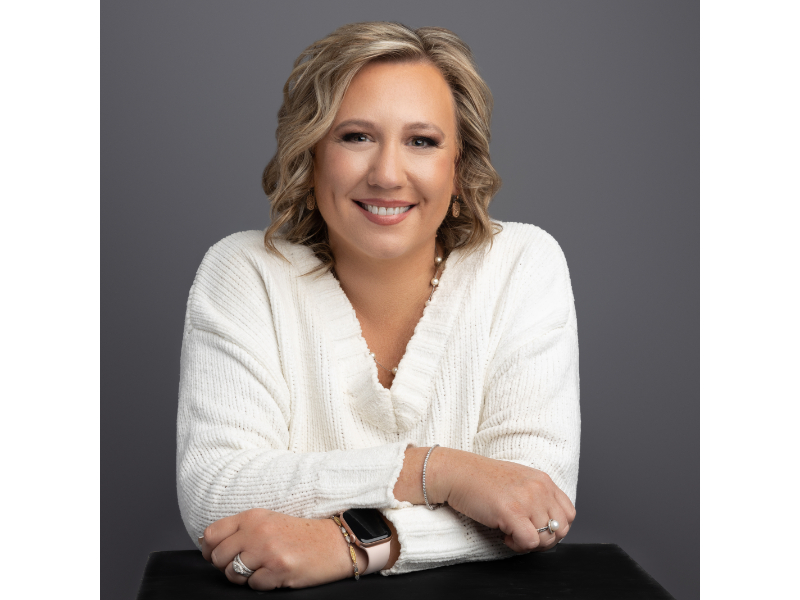
“Outside of your body not feeling normal,’ I struggled with the unknowns. Waiting days for test results, scheduling endless appointments with multiple healthcare professionals, and eagerly hoping each surgery was my last was a mind game for me.”
Becca Manolov, 47, Zionsville, IN
Diagnosed with breast cancer in 2020.
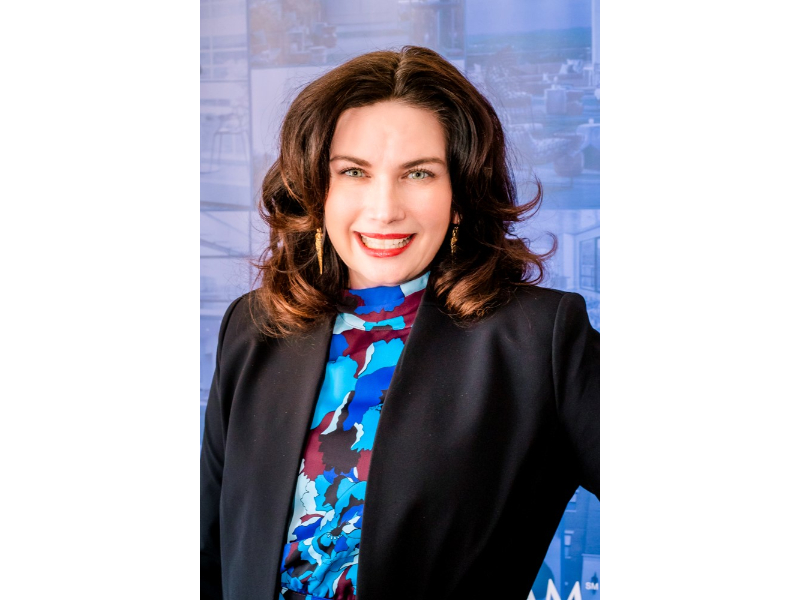
“80% of young people find their own breast cancer, and I was one of them. Self-exams and knowledge of breast health save lives. Many of us under 40 do not have access to mammograms or other imaging, and must rely on ourselves to find this disease. I didn’t think breast cancer was something I would need to worry about until I was older, if at all. I’m grateful that I listened to my gut and got the problem checked out as soon as I found it. Sometimes it is difficult as a woman to be taken seriously by health professionals. If you feel like something isn’t right, don’t be afraid to speak up. No one will be a better advocate for you than yourself.”
Anastasia Lakshmanan, 32, Indianapolis, IN
Diagnosed with stage 2b breast cancer at the age of 31 in January of 2024.
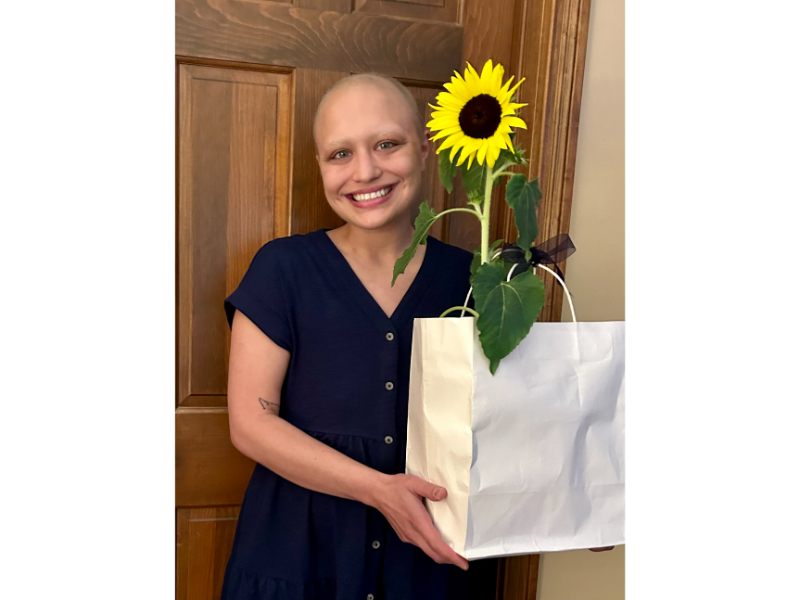
“That I faced death. Literally. The grim reaper came to visit in the depths of the night, and I said no. I wasn’t done! I woke up and realized I had been equally if not more afraid to live as I was to die. I also wish people understood more how the veil was lifted on the western way of treating fast-growing cells.”
Em Strong, 44, Austin, TX
Diagnosed with breast cancer in 2015.
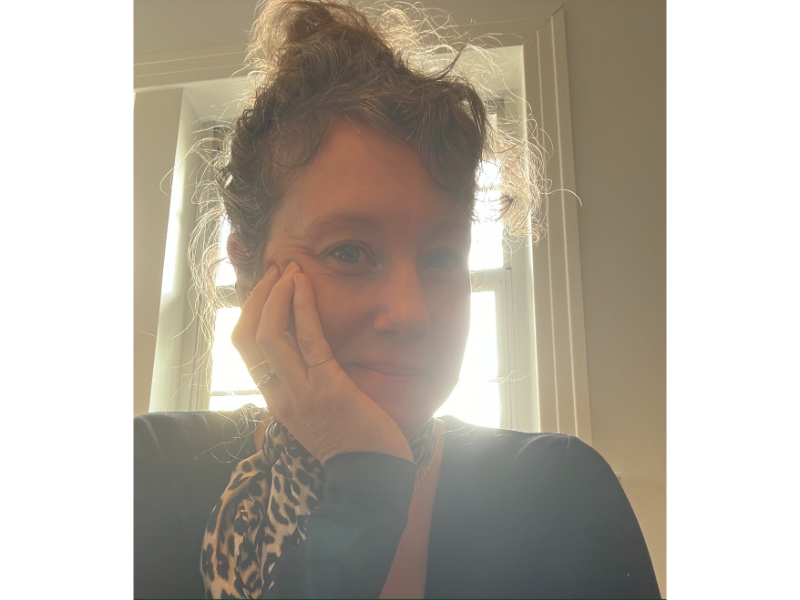
“Cancer is an ‘over there’ problem until you are catapulted into it becoming an ‘over here’ problem. It is terrifying and life changing but there is much that we can control and slowing down to process how I wanted to heal in a way that was authentic to me (integrative care utilizing a combination of conventional medicine and more natural options) is what was best for me.”
Lena Eliopoulos, 41, Chicago, IL
Diagnosed with Stage 1B invasive ductal Carcinoma, ER and HER2+ in July 2023.
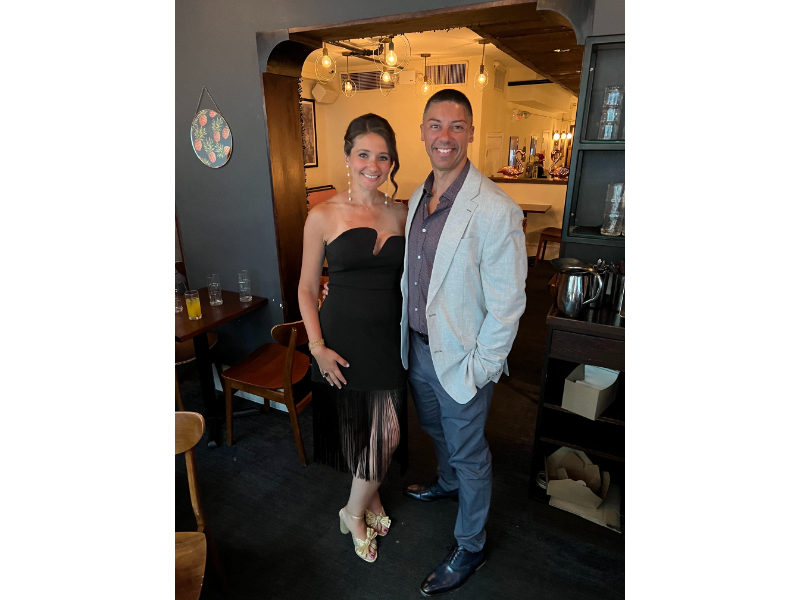
“Going through cancer during the pandemic was more isolating. We couldn’t have a support system with us at appointments, during treatment, or helping us after surgeries. I felt so alone even though I had family and friends on social media sending me encouragement. My parents were around, but I still had to make sure I was safe. I’m a little jealous of the patients who had that. To hold someone’s hand on the first day of chemo or the first day of radiation would have helped. I also had to ring the bell by myself. No family or friends to cheer me on. It’s definitely something I hope no one has to go through.”
Amy Schwartz, 47, Middlebury, IN
Diagnosed with breast cancer in October 2020.

“I wish people knew that cancer doesn’t end when treatment does. The effects of treatment last long past when the bell is rung.”
Kristin McCoy, 43, Plainfield, IN
Diagnosed with triple negative breast cancer in 2022.

“For me, one day I was living my normal life and then all of the sudden I felt like a stranger in my own body after having a double mastectomy. My new normal turned into a constant cycle of doctors appointments, scans, IVs, and procedures. I try to find the positives in my daily life and live as normal as possible when I’m feeling good, but there are days that I feel that I’ve completely lost myself in this process. It can be very isolating, even if you have a big network of support around you.”
Rachel Hickey, 40, Indianapolis, IN
Diagnosed with stage 2 invasive ductal carcinoma breast cancer in 2024. Currently undergoing chemotherapy.
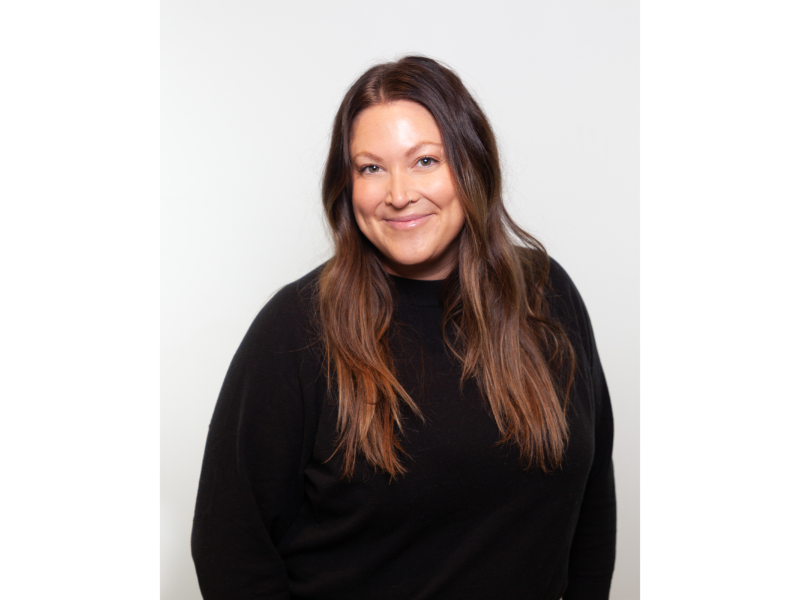
“My biggest lesson is to really trust your body, listen to your gut, and when you don’t feel right, advocate for yourself. Despite my treatment being very simple, it can take a toll on your body and mind to constantly be worried about what might happen next.”
Jessica Limeberry, 40, Greenwood, IN
Diagnosed with lung cancer in 2018. Kidney tumor removed in 2024.
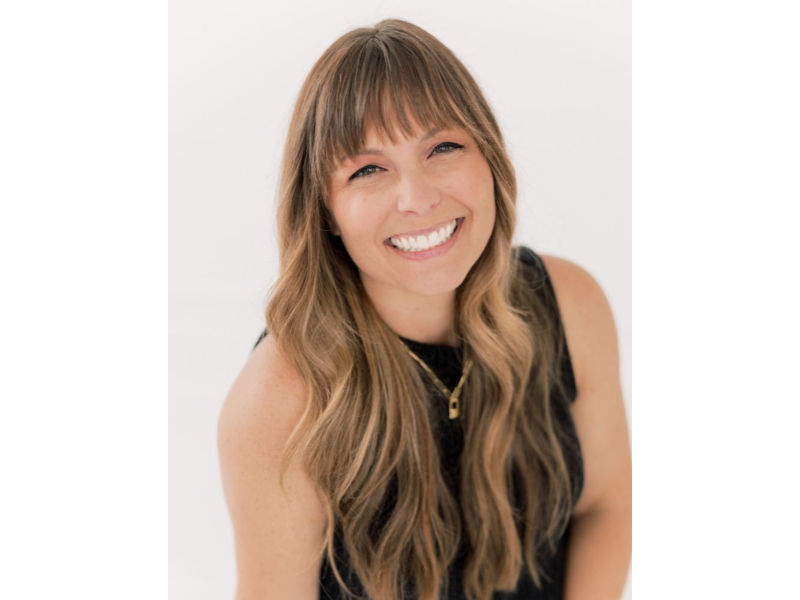
“I wish people knew that chemo and other cancer drugs can take a huge toll on your body and health for long after the treatment ends. You may never fully recover to having the body/brain you had before! I may look close to my old self, but my insides tell a very different story. I deal with after-effects daily, and it can really bring a person down. Especially for someone who was physically active—it’s hard when walking is a struggle, thinking of words can be tough and just sitting can be painful. It’s also a struggle to have had two cancer diagnoses and know that my last cancer has a high rate of recurrence. I don’t think about it daily, but every once it a while the thought hits like a train and all the fear and worry come crashing back.”
Cindy Kupiainen, 56, Indianapolis, IN
Diagnosed with DCIS, a stage 0 breast cancer in 2018. Diagnosed with stage III ovarian cancer in 2023
“I did not have to be diagnosed with cancer to treat the risk of cancer, which was an 88% chance of having breast, uterine, or ovarian cancer in my lifetime.”
Jenni Egger, 54, Indianapolis, IN
Experienced a double mastectomy following genetic testing
“That it’s not ‘over’ when treatment is over. In fact, life post-cancer in some ways can be harder than when you’re in active treatment.
Physically, you’re not in active treatment anymore so you’re getting your strength back, your hair is growing back, you can do more things. You don’t “look” sick. But I have scars all over my torso from my mastectomy and reconstruction that I see every morning in the mirror. For 5 years I took a daily pill and monthly shot that not only gave me horrible side effects but also were a literally daily reminder of cancer. The range of motion/strength on my mastectomy side still isn’t what it was before. I get random cramps in my chest muscles from all the trauma they had through surgeries.
Mentally, you’re also different. Yes, you’re grateful you survived. You can look on the bright side and be appreciative of the life you’re living. But you’ve also been in the trenches to see how messy it really is – and that takes a mental toll. You still sometimes find yourself asking, “Why me?” both from a place of anger and grief. Every time I get a cold I can’t shake or a random pain in my back, I worry it’s a recurrence. My annual mammogram and breast MRI give me “scan-xiety”.
In sum, you never move on from a breast cancer diagnosis. It’s never over. You’re just moving forward as the person you are now, which comes with both wonderful lessons and traumatic baggage.”
Brynna Blodgett, 43, Indianapolis, IN
Diagnosed with Stage 2 Breast Cancer in 2015
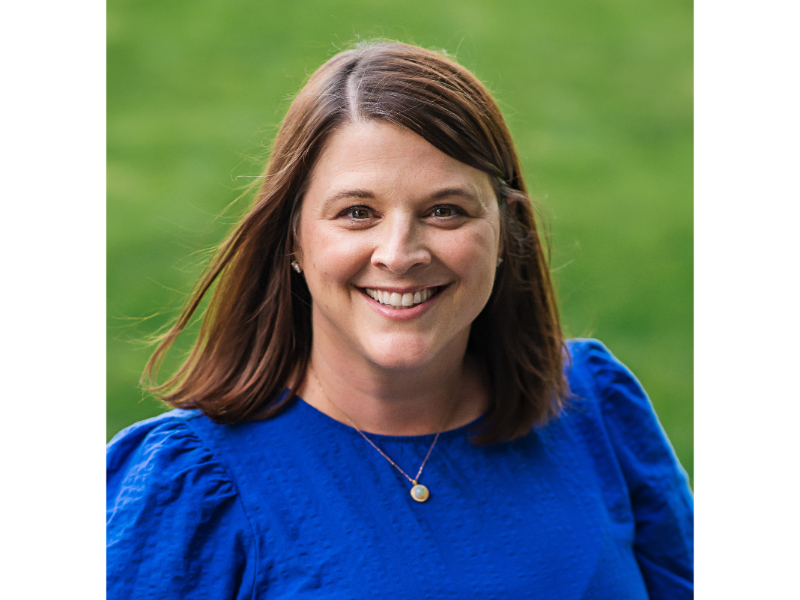
ResearcHERS of Indiana
One in three women and one in two men in the U.S. will battle cancer in their lifetime. At Indy Maven, we know even just one person can make a difference so we’re proud to support ResearcHERS: Women Fighting Cancer, a movement that engages women to raise funds to directly support women cancer researchers.
Women make invaluable contributions to cancer research, yet they’re consistently underrepresented in research leadership. The ResearcHERS campaign wants to change that. Their goal is to ensure the unique perspective of women remains a powerful and growing force in cancer research. Support them by donating here.
SUPPORT LOCAL JOURNALISM
All of our content—including this article—is entirely free. However, we’d love it if you would please consider supporting our journalism with an Indy Maven Membership.
P.S. Sign up for our weekly newsletter with stories like this delivered to your inbox every Thursday!








